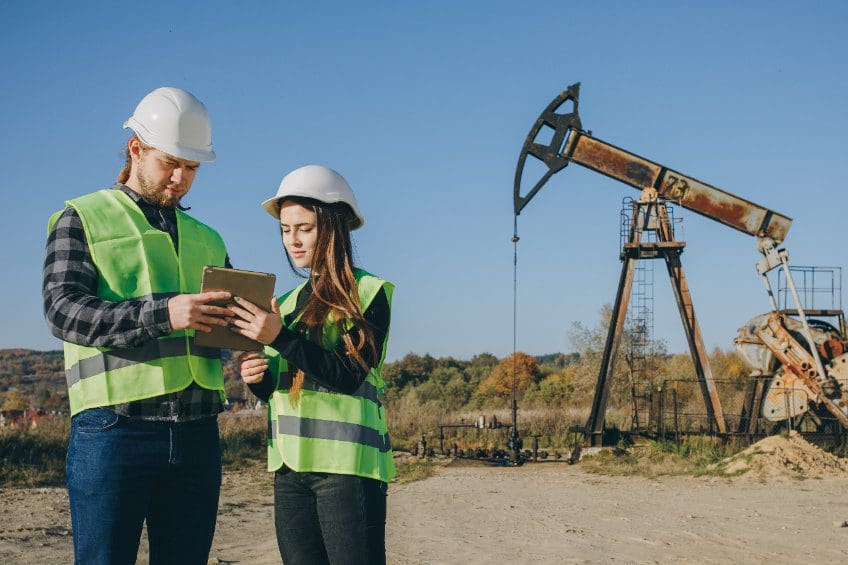If you are interested in working in the oil and gas industry, you may want to consider becoming a petroleum engineer. This position involves figuring out how you will extract those substances from the ground. It is an excellent career for people who have strong logic and math skills but who also work well with people. There are various kinds of petroleum engineers and ways that oil and gas companies recruit their employees. A drilling engineer determines how to best go about the process of drilling while a production engineer looks at ways to increase the yield once the drilling is done. Demand for this position is growing, and you are likely to make upwards of $100,000 a year.
The Job
As a petroleum engineer, you can expect to work both in an office and on site. You might travel internationally. The specifics of what you do at your job will vary, but among the things that petroleum engineers do are ensuring that equipment is properly maintained, creating drilling plans, and figuring out how to extract more oil or gas from a reserve. You might work on equipment design or test and analyze wells to determine how productive they are. You’ll collaborate in your work with workers in the field as well as with other engineers and scientists. Eventually, you might end up in management, or you could pivot into sales engineering, which is a position that allows you to use your technical knowledge to help customers determine what type of equipment they need.
Your Education
At a minimum, you will need a bachelor’s degree in engineering, but there are other educational qualifications you can obtain as well. You could look into a five-year program that awards a master’s degree alongside a bachelor’s. You may want to choose a program that has been accredited by a professional association. To pay for your tuition, books and other costs, you can take out private student loans. These are not need-based, unlike federal loans, so you might be able to borrow more money if you need it. While you will not need to be licensed for the entry-level positions you’ll be applying for after graduation, you may want to consider it later since this will allow you to take supervisory and other types of jobs. Requirements for licensing vary from state to state.
Skills
In addition to the knowledge you’ll gain through formal education, which includes higher-level math, you need to work on some other skills as well. You need a good mix of creativity and analytical ability in order to problem solve. You’ll need to be able to take in a lot of information and make decisions based on that information that maximizes the efficiency of the organization you’re working for and also keeps workers safe. You also need good communication skills so that you can work well with others and effectively convey what is needed on a project. If you want to eventually go into management, you must have strong organizational skills and be detail-oriented so that you can work with such things as budgets, scheduling and complex systems.






